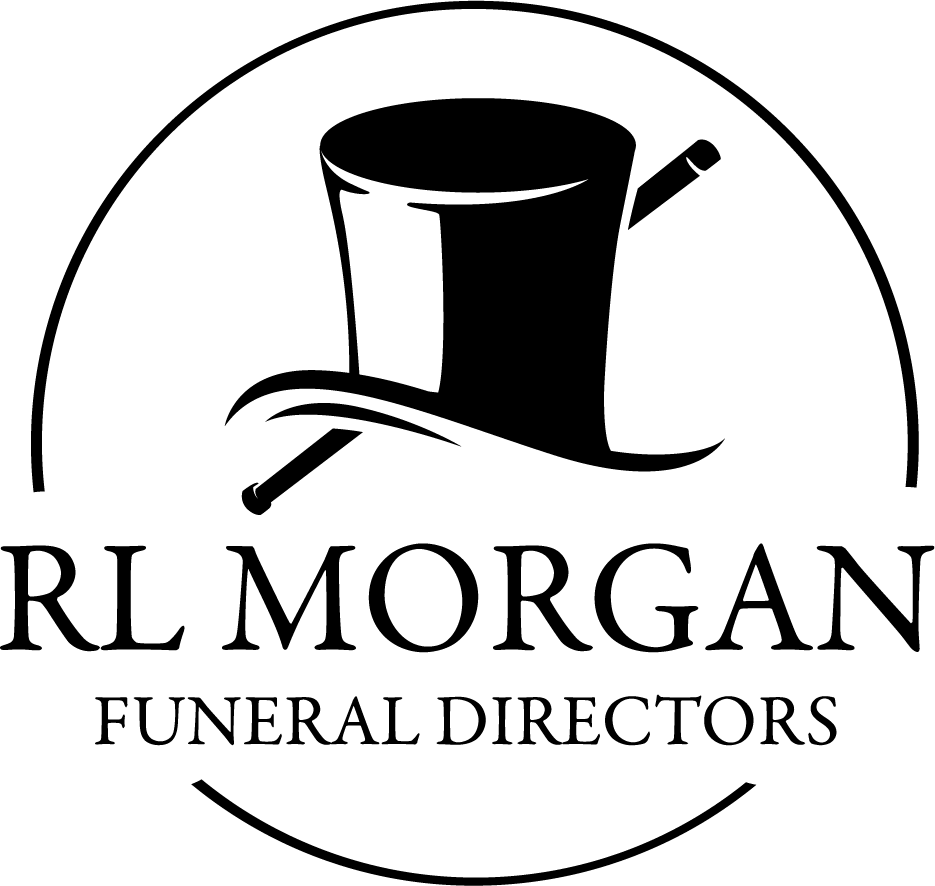Useful Information
How to Register a Death
In England and Wales, a death must be registered by the Registrar of Births and deaths for the area in which the death occurred. If you are unsure whether or not you have authority to register the death, we will advise you. The Death Must be registered within Five Days.
When you go to the Registrar
- Things to take with you
- The Medical Certificates of the cause of death
- The Deceased's National Health Medical card
- The Deceased's Birth Certificate and Marriage Certificate
- The Marriage Certificate and Birth Certificate contain all the information required by the registrar
- The Registrar requires the following details
- Full Name of Deceased
- Home Address
- Date and Place of Death
- Date and Place of Birth
- Last Occupation
- Date of Birth of Surviving Partner
- Whether the Deceased was in receipt of a Pension or Allowance from Public Funds
- Maiden Name
- Husband's Full Name (even if deceased)
- Husband's last Occupation (even if deceased)
- Full Name of Informant
- Home Address
- The registrar will give you
- A Green Certificate - Which must be handed to the funeral director so that the funeral can take place
- A White Certificate - this is for social security purposes
- The registrar will SELL you copies of the death certificate
You may need this for following:
- The Will
- Any Pension Claims
- Insurance Policies
- Savings Bank Certificates
- Premium Bonds
Frequently Asked Questions
In our opinion there is no such thing as a normal funeral. Each and every funeral is individual to the family concerned. It is up to that family to pay their last respects and say their last farewell in the manner that is most suitable for them. The following information is there to help answer questions that we are most often asked about the funeral and services associated with it:
- You can place them in the Garden of Remembrance but you may not know where they are and you can not place a headstone with them.
- You may wish to purchase a grave just for the purpose of interring the cremated remains. This allows you to have a headstone and have other members of the family buried there in the future.
- You may keep them at home in a special urn or memorial.
- You may scatter them at home in a special place.
- The remains may be buried in an existing family grave.
